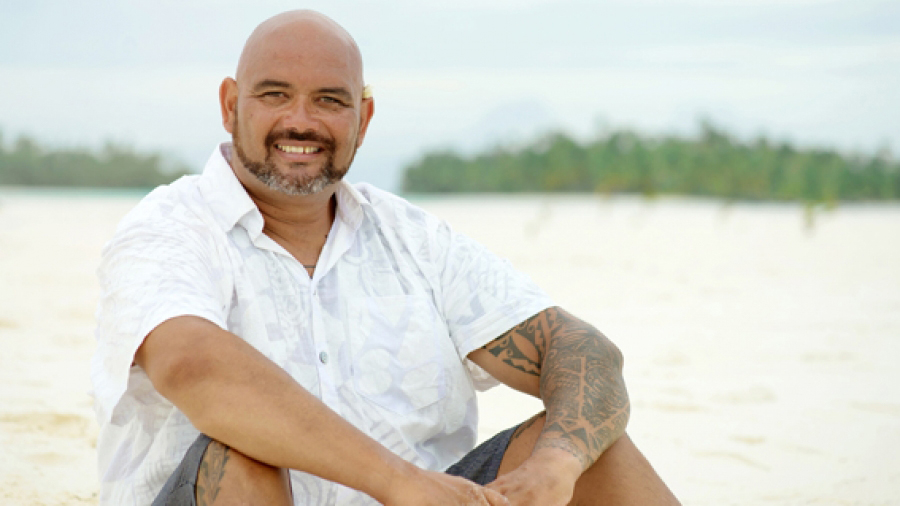Thomas Wynne: The greatest limit is the one we place on ourselves
Saturday 11 November 2023 | Written by Thomas Tarurongo Wynne | Published in Editorials, Opinion

Columnist Thomas Tarurongo Wynne. Photo: CI NEWS/16040843
Anyone who has sailed the ocean like our tupuna and ancestors knows the ocean is many things, but passive is not one of them, writes Thomas Tarurongo Wynne.
It is at times calm, at times turbulent, unforgiving, given to sudden rises, and sudden falls, beautiful and serenely vast, tranquil and raging all in the same day; but passive it is not.
Anyone that has lived on an island in the midst of this vast blue continent, we also call the Moana or Moana Nui A Kiva, knows the many moods and emotions of the ocean, like its people, Tangata o te Moana, but passive it has never been.
So why do we call it the “passive ocean” because that’s what the word Pacific means.
We grew up being called amongst other things, Pacific Islanders, we have a Ministry for Pacific Peoples, and currently a Pacific Leaders Forum, and as we look on this gathering of our great chiefs and leaders, especially over the past week, no one would call it passive.
Does passive continue to play into the many colonial myths about ourselves? Do we continue to allow former colonial masters to determine how we speak of ourselves, how we speak of each other and the structures we build to gather and meet, though even this being slowly reclaimed, repositioned and reworded to our own words, thoughts and feelings of identity.
Because words, our words, our voices, continue to carry like great vaka across the deep blue and turbulent expanse our aspirations and moemoea. The hopes and dreams of those still with us, those who have passed and those whose names we have not even uttered yet. Children of the future, tamariki, mapu who will be born into a world created by our choices, our voices, and the decisions of our Rangatira, our Ariki and leaders today.
And as in days of old, when our traditional leaders would sail across the moana to meet, to discuss, to argue, to fight, to war, to marry, to make peace and to build alliances and allegiances, we do it again.
This is not new nor is it something that involved powers beyond the reaches of the moana, though now we ask them too to sit at the table of fellowship, of mana, of manaakitanga, of faalalo, and akatapu, to determine our way forward as people of the moana, for the moana and by the moana – because this remains our table.
For the many of us of the moana who have migrated or are the children of migrant parents and grandparents to countries like Aotearoa, we know what it is not to sit at the table. We know what it is to fight just to sit at it and not eat from its crumbs and say thank you. We know what it is to fight to get a seat at the table only to find the table is empty and others have eaten more than their share, so we make the most of the small portion we have left, to feed our communities.
And as the political winds in Aotearoa are changing, our table just got smaller, in fact there is no one at the table with our voice, our hopes and dreams anymore.
And why this uipaanga, of rangatira and leaders from the moana is so important, because this is our table, and we will all enjoy the kaikai, the kai manga from its deliberations; our people, our ocean, our climate and our present and future aspirations.
As Epeli Huofa compelled us to do, we are not defined by the smallness of our islands, but by the greatness of our ocean.
And finally in the words of our nation’s Papa, Arapati Henry “We are proud to be self-governing in an association with New Zealand which is entirely free. I would like to stress the point that we are not under anyone’s domination or control.”
Let us remember, that the greatest limit is the one we place on ourselves, the way we see ourselves, each other, and the world we live in. As people of the moana, there have never been limits, just oceans with God’s guidance, we have not yet explored.














































